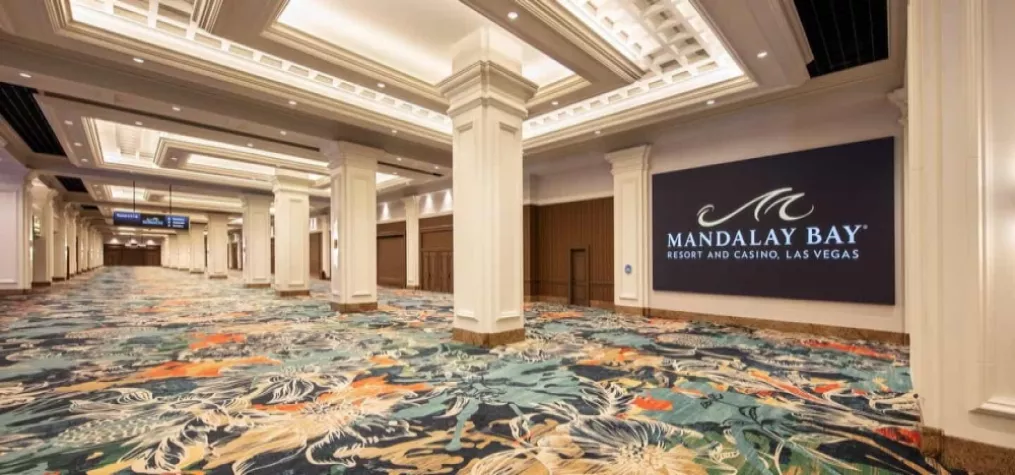Charles Olentine

Charlie Olentine, CEO of Consult NC Inc, has over 25 years experience in B2B publishing and from 2004 to 2016 managed the Top 50 show - International Production & Processing Expo. colentine@consult-nc.com

"I know a baseball star who wouldn't report the theft of his wife's credit cards because the thief spends less than she does." - Joe Garagiola
Of all the people I have had to deal with regarding trade shows, the lowest forms of life are suitcasers and outboarders. I hold them with more contempt than lawyers, hotel revenue managers and hotel poachers.
An outboarder is a company that should be exhibiting who decides to sponsor their own event during the show without the consent of the organizer. A suitcaser can be defined as a non-exhibiting supplier who attends the show and tries to conduct business at the show. Both of these types of parasites are trying to hitchhike on the franchise of the organizer.
For most shows, the bulk of the revenue comes from booth space sales and sponsorships by exhibitors. Outboarders and suitcasers prey on attendees without paying the freight.
It is very difficult to control suitcasing. Some shows have high registration fees for those self-identifying non-exhibiting suppliers. As we all know, many attendees are not very truthful about the information and demographics they provide. Plus, it can be difficult to identify those companies which are tangentially related to the scope of the show and are playing by the rules.
Even more confusing is the differentiation between a would-be supplier of one who is actually interested in buying product from the exhibitors. The organizer can put up scores of signs outlining the banning of suitcasing throughout the show floor and facility but I have had several suitcasers state they plan to do business on the floor of the show and dare me to find them.
As far as outboarding is concerned, city-wide room blocks give the organizer a much stronger hand in controlling unauthorized activities.
However, it is essential that the organizer have a strong relationship with the Convention Bureau and the hotel community. For smaller shows, it is very difficult to monitor and minimize outboarding.
One thing the IPPE (International Production & Processing Expo) has done over the last several years is to put a clause in all of the hotel contracts mandating that ALL requests for meetings, hospitality suites and functions during the show be approved by the show organizer.
In the contract there is a clause that failure to do so will implement a redress penalty of 10 times the price of a minimum sized booth (10’ X 10’, grossing about $20/square foot). This means that if the organizer finds out about an unauthorized meeting, it will cost the hotel in question $20,000.
Talk about having leverage and getting hotel management’s attention! The IPPE has had several instances where hotels have had to cancel unauthorized meetings at the very last minute. That being said, control of outboarding can be done in a non-confrontational manner as long as the organizer and the hotels under contract have good communication and strive to work with each other.
One thing all organizers should do after every show: go through your registration list and identify as many of the suitcasing companies and attendees as possible. Since most of the attendees have to provide a legitimate email address to receive acknowledgement of pre-registration, it provides an excellent way to expand your prospect list for subsequent shows.
In your sales pitch you can politely refer to the fact that you know the suitcaser has attended your show and has recognized the value of being there.

Add new comment